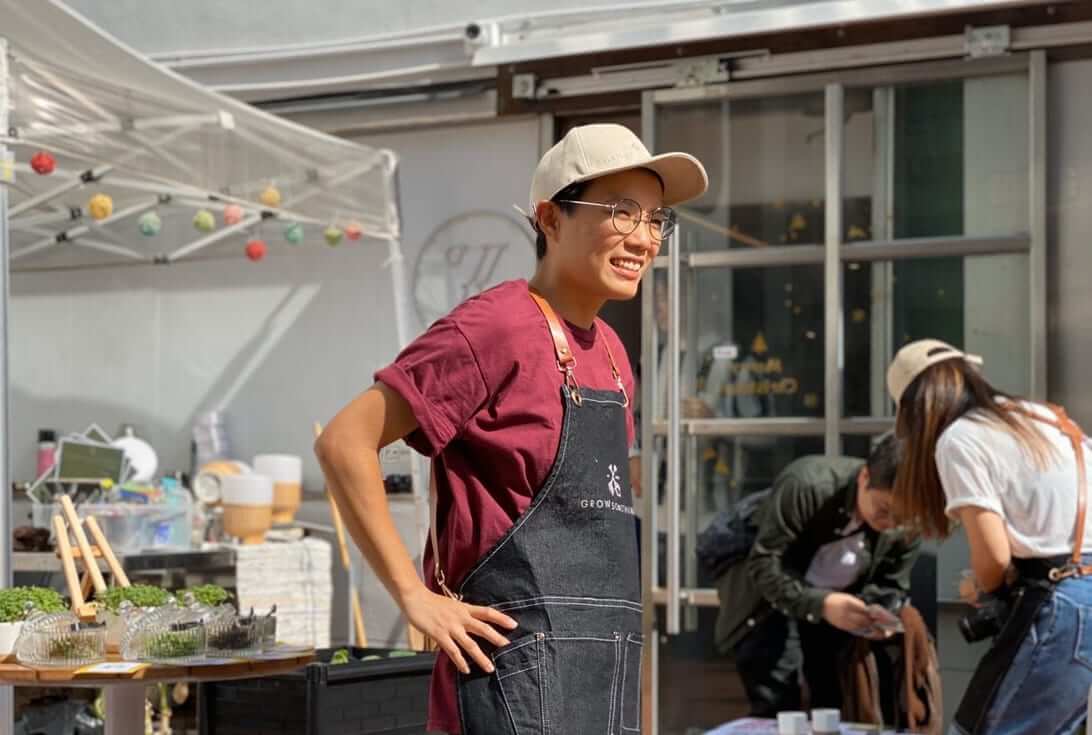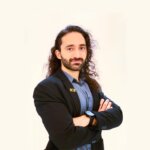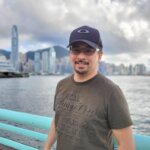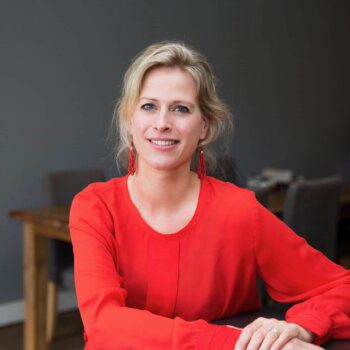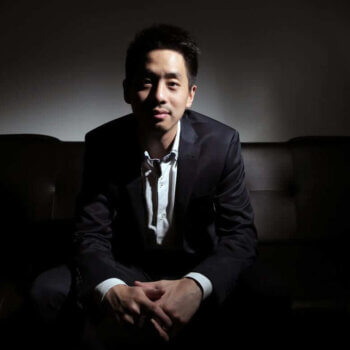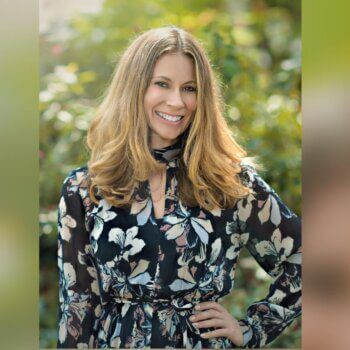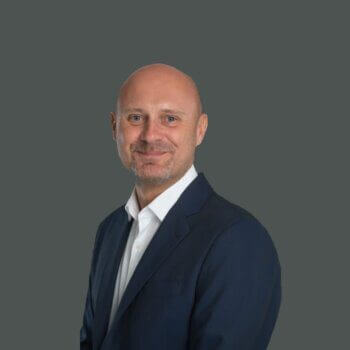Agnes Designs Organic Vegetable Gardens In Urban Spaces
What’s your story?
I left my job as a geologist six years ago and started a new journey in farming. Working as a geologist is not a very eco-friendly job because construction always requires tree removal and causes a lot of pollution. I made this transition because I felt geology did not align with my desire to live and promote a sustainable lifestyle. There are thousands of ways to be eco-friendly, but vegetable gardening has always been an interest of mine. I began by working for local organic farms and took relevant courses to learn the intricacies of organic farming.
Living in a metropolis like Hong Kong, citizens are often too busy to pay attention to what they eat, or where their food comes from and how it is grown. Yet, food is an essential part of our lives, so I started Grow Something, to make it easy for busy urbanites to grow their own vegetables at home.
What excites you most about your industry?
Urban farming is commonplace in western countries but it is still developing in Hong Kong. I am truly excited about its potential. Although the land is expensive in Hong Kong, there is still available space for greening. And the greening we do, not only grows ornamental plants, but also edible organic vegetables that can supply a neighborhood.
What’s your connection to Asia?
I was born and raised in Hong Kong so I want to “Grow Something” for Hong Kong.
Favorite city in Asia for business and why?
Hong Kong because of its efficiency and resources for startup businesses.
What’s the best piece of advice you ever received?
To me, “just do it” is more than the slogan of a sportswear brand. Sometimes I can overthink a new idea, and then I will tell myself, “just to it.” You will never know whether something works until you try.
Who inspires you?
Traditional farming wisdom really inspires me.
What have you just learned recently that blew you away?
About 90% of our food in Hong Kong is imported. Local vegetable supplies only account for 1.8% of the city’s vegetable consumption (Hong Kong Agriculture, Fisheries and Conservation Department, 2018).
If you had your time again, what would you do differently?
I would like to have started learning about urban farming earlier.
How do you unwind?
Farm work helps me relax. Watching the plants grow day by day is very therapeutic.
Favorite Asian destination for relaxation? Why?
Taiwan because of the diversity of its landscape and the delicious street food.
Everyone in business should read this book:
“Traction: How Any Startup Can Achieve Explosive Customer Growth,” by Gabriel Weinberg and Justin Mares.
Shameless plug for your business:
- Fresh Harvest
A simple set-up enables users to harvest the freshest organic vegetables at home. - Low Carbon
Growing your own food reduces the consumption of imported food, which lightens our carbon footprint. - Sustainable
Grow only seasonal vegetables and apply only natural fertilizers to keep our earth healthy. Find out more: https://www.growsomething.com.hk/
How can people connect with you?
Facebook: https://www.facebook.com/growsomethinghk
Instagram: https://www.instagram.com/growsomethinghk/
Email: [email protected]
—
This interview is part of the ‘Callum Connects’ series of more than 1000 interviews

Callum Laing is an entrepreneur and investor based in Singapore. He has previously started, built, and sold half a dozen businesses and is now a Partner at Unity-Group Private Equity and Co-Founder and CEO of MBH Corporation PLC. He is the author of three best-selling books ‘Progressive Partnerships’, ‘Agglomerate’, and ‘Entrepreneurial Investing’.
Connect with Callum on Twitter and LinkedIn
Download free copies of his books at www.callumlaing.com
